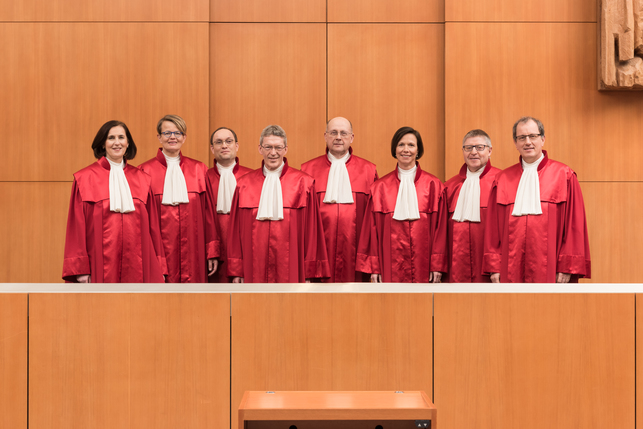
Germany is blocking EU Unitary Patent Court
Germany's Constitutional Court has stopped the government from ratifying the EU's Unitary Patent Package. At the time of the announcement, The German Bundestag and Council of Federal states had already adopted and signed the legislation.
According to the Court, a complaint (2 BvR 739/17) has been filed by an unnamed private person, which is not wholly without merit. The daily paper FAZ reported that the Court asked Germany’s Federal President Frank-Walter Steinmeier not to sign the bill. Without Germany’s ratification the UPC can’t get into force.
The Unitary patent would be valid in all member states that have signed the Unitary patent legislation. Unitary effect can be registered for a European patent upon grant, replacing validation of the European patent in the individual countries concerned. The unitary effect means a single renewal fee, a single ownership, a single object of property, a single court (the UPC) and uniform protectionwhich means that revocation as well as infringement proceedings are to be decided for the unitary patent as a whole rather than for each country individually.
According to German and European patent attorney Dr. Marcus Engelhard from Boehmert & Boehmert, the Unitary Patent system would not only affect newly granted European patents, but also all validations of existing patents in countries that have ratified to the jurisdiction of the Unified Patent Court. Patent owners can choose for each of their patents to use the new system, or they can request that their respective European patent(s) are exempt through opting out. Opting out can be effected by a simple request via the UPC Registry during a limited time period before the agreement comes into force, the so-called sunrise period. The implications of the choice between opting out or staying in the new system are that any European patent that is under the jurisdiction of the Unified Patent Court, namely any unitary patent and any European bundle patent that has not been opted-out, must be litigated at the UPC. The patent can be enforced in the UPC-signatory countries through single proceedings before the UPC, but, at the same time, there also comes the risk of a central attack, namely a central revocation action against the patent. By opting out of the system, the respective European patent will not be under the UPC jurisdiction, and any litigation concerning the patent will be dealt with on a national level.




 SANOFI
SANOFI